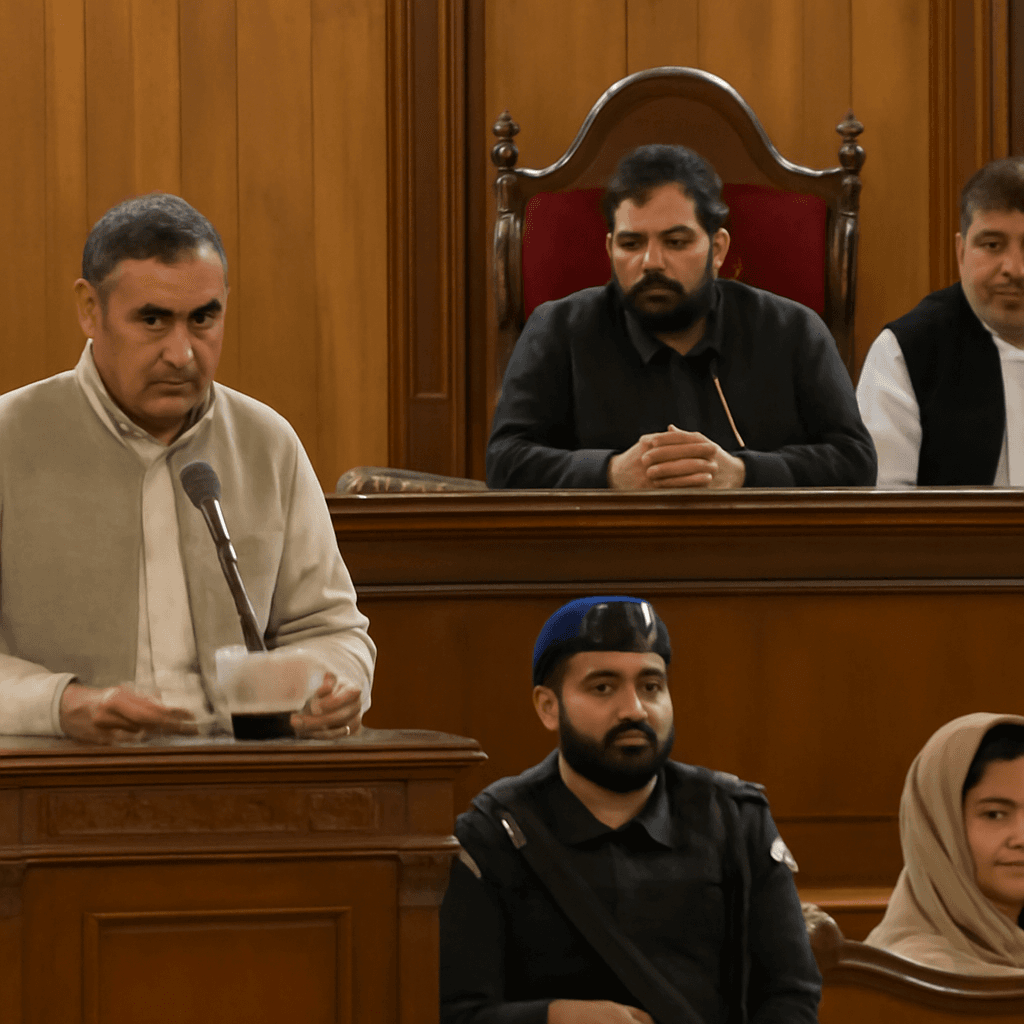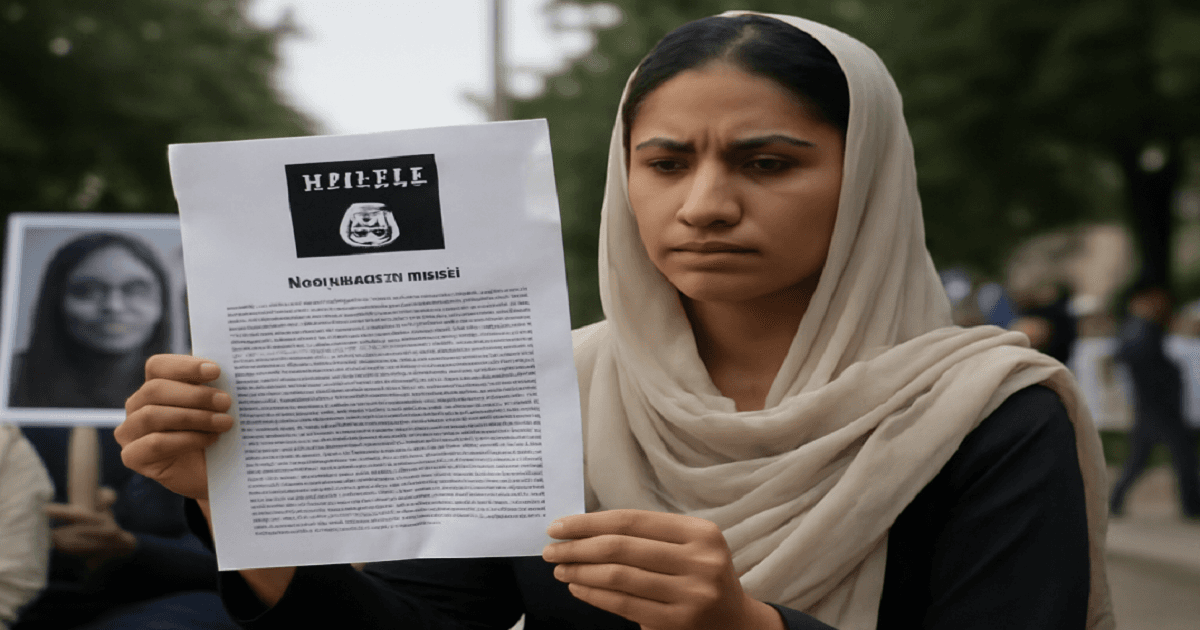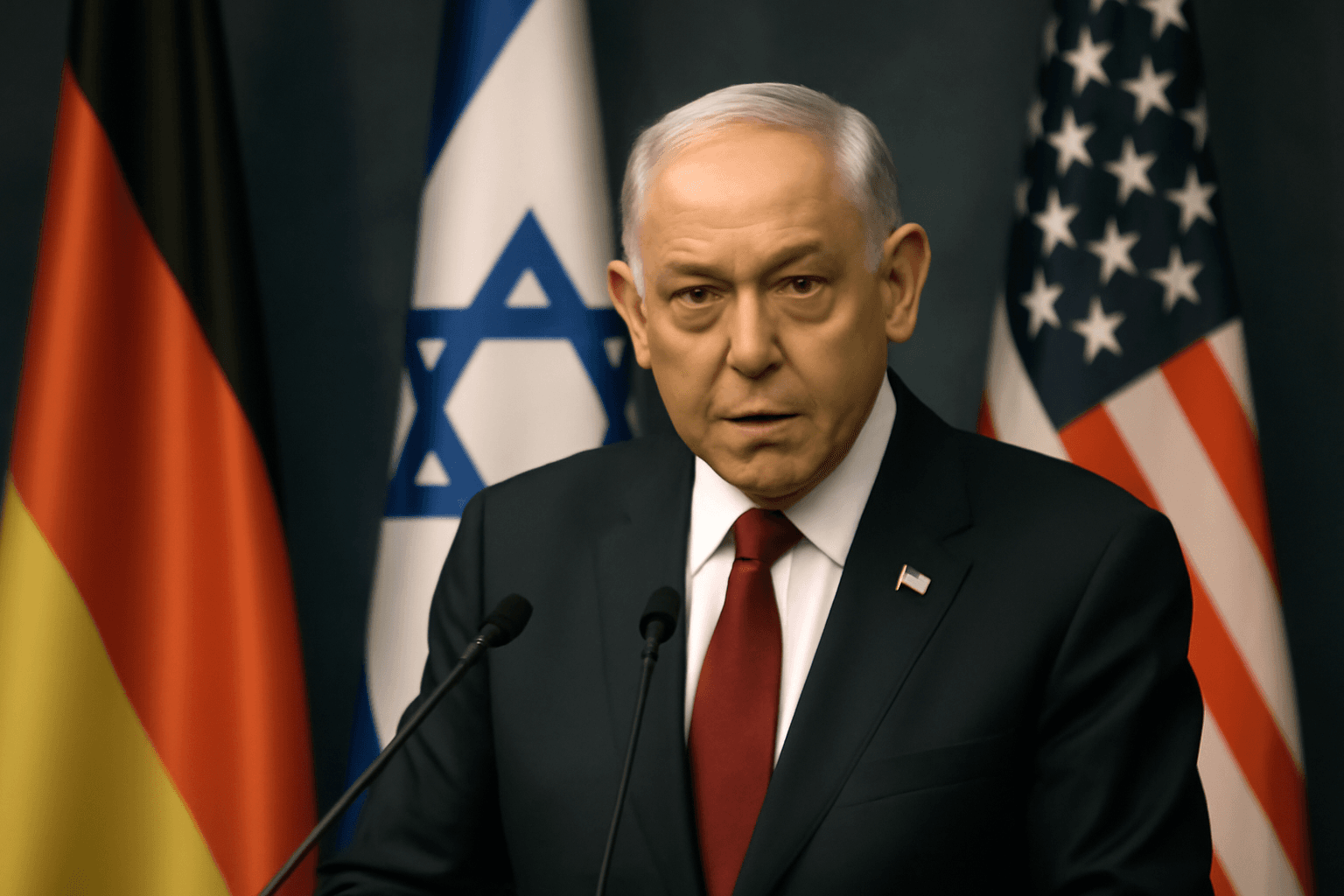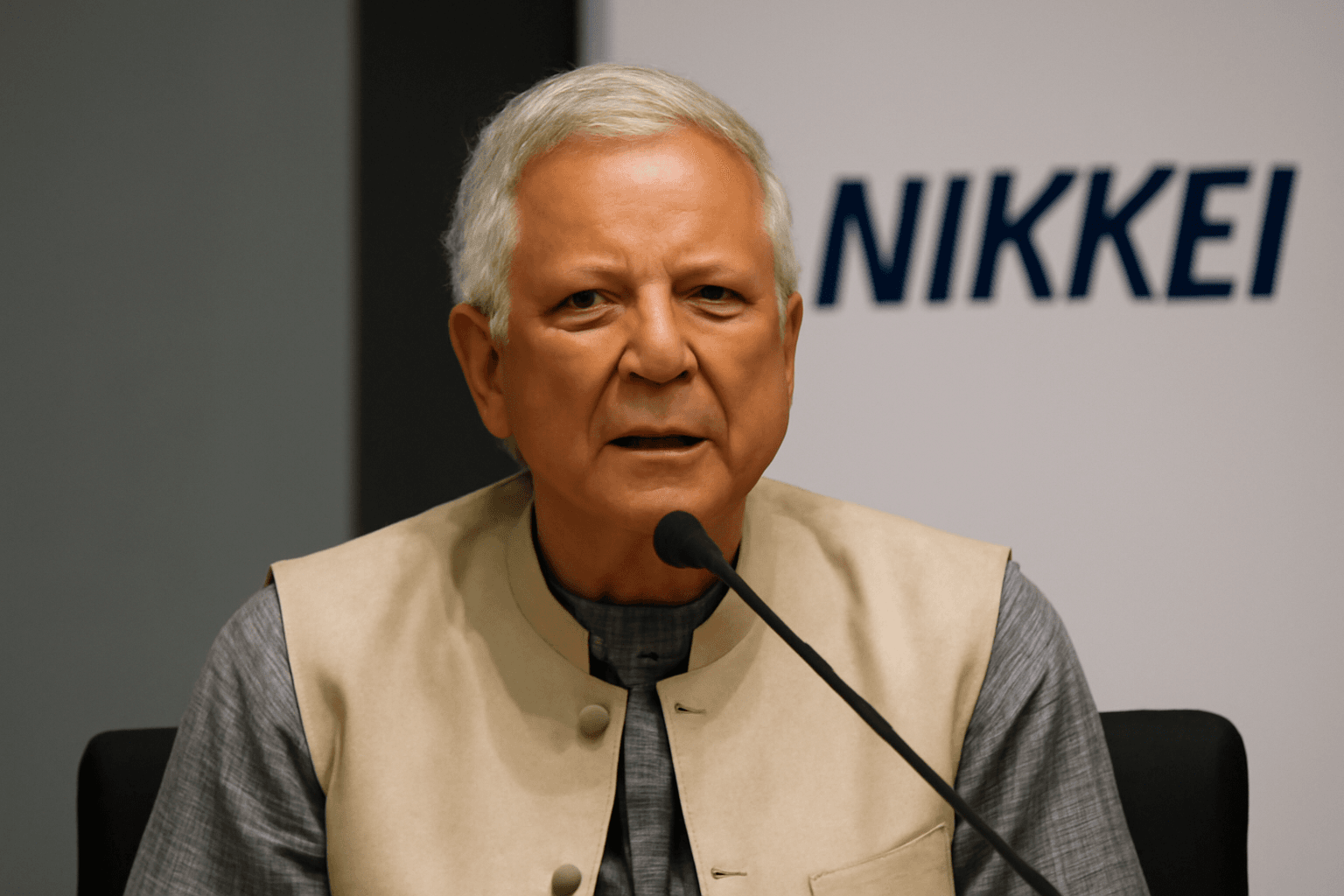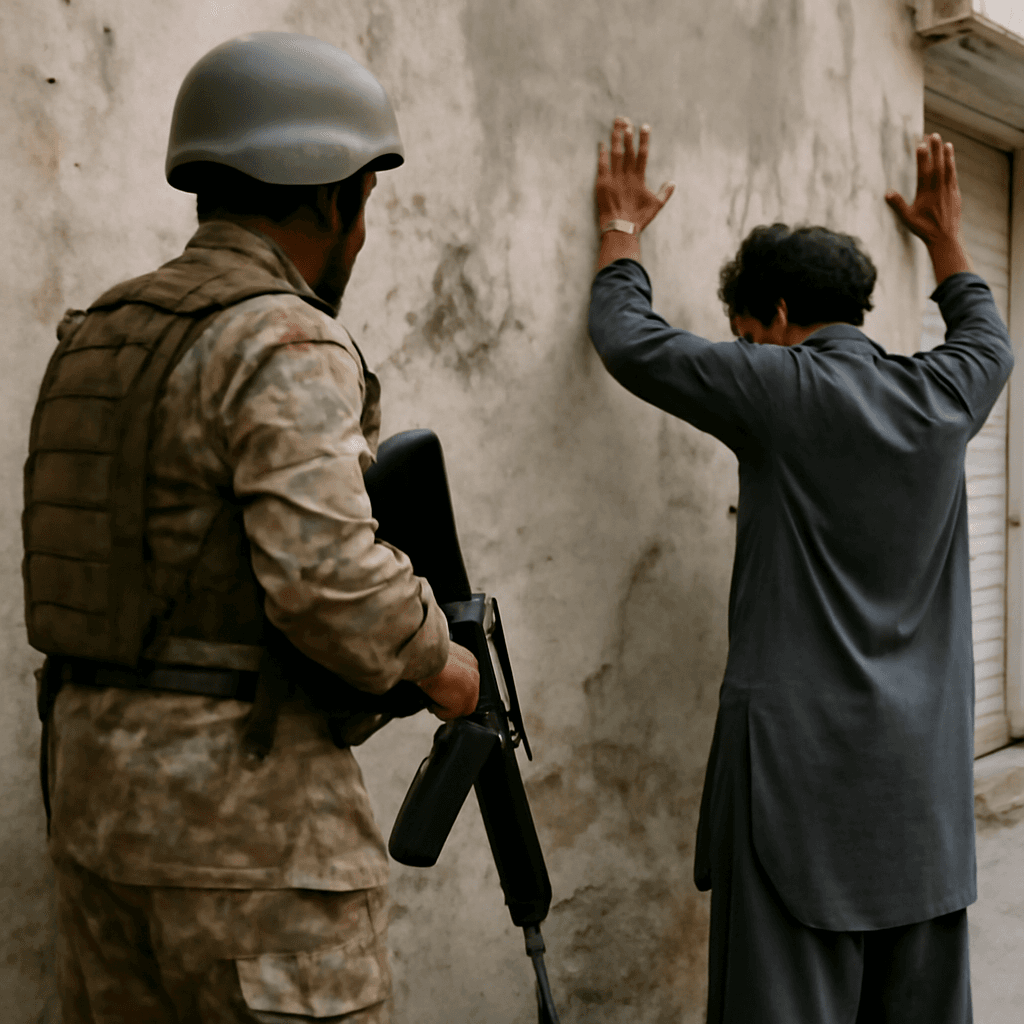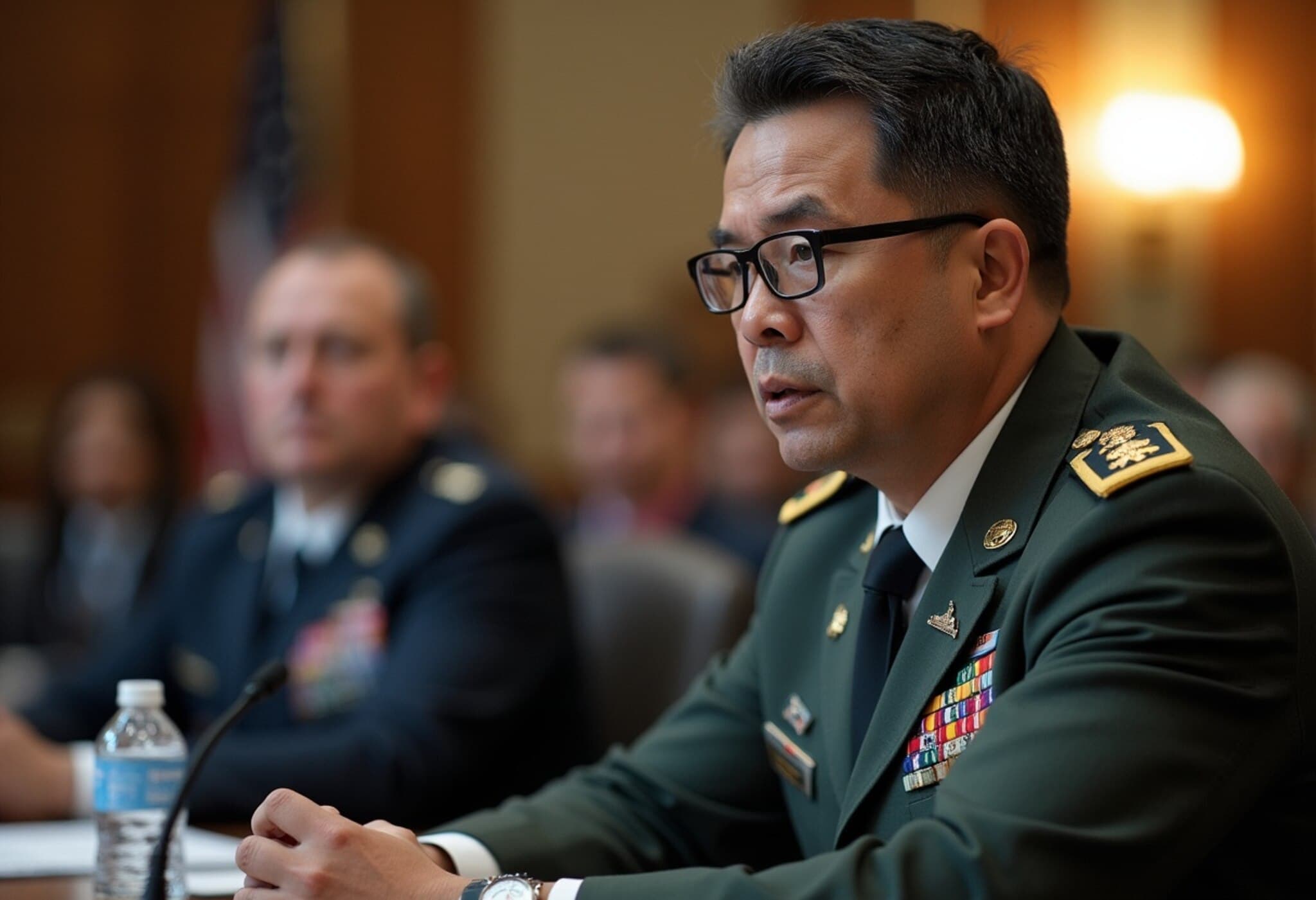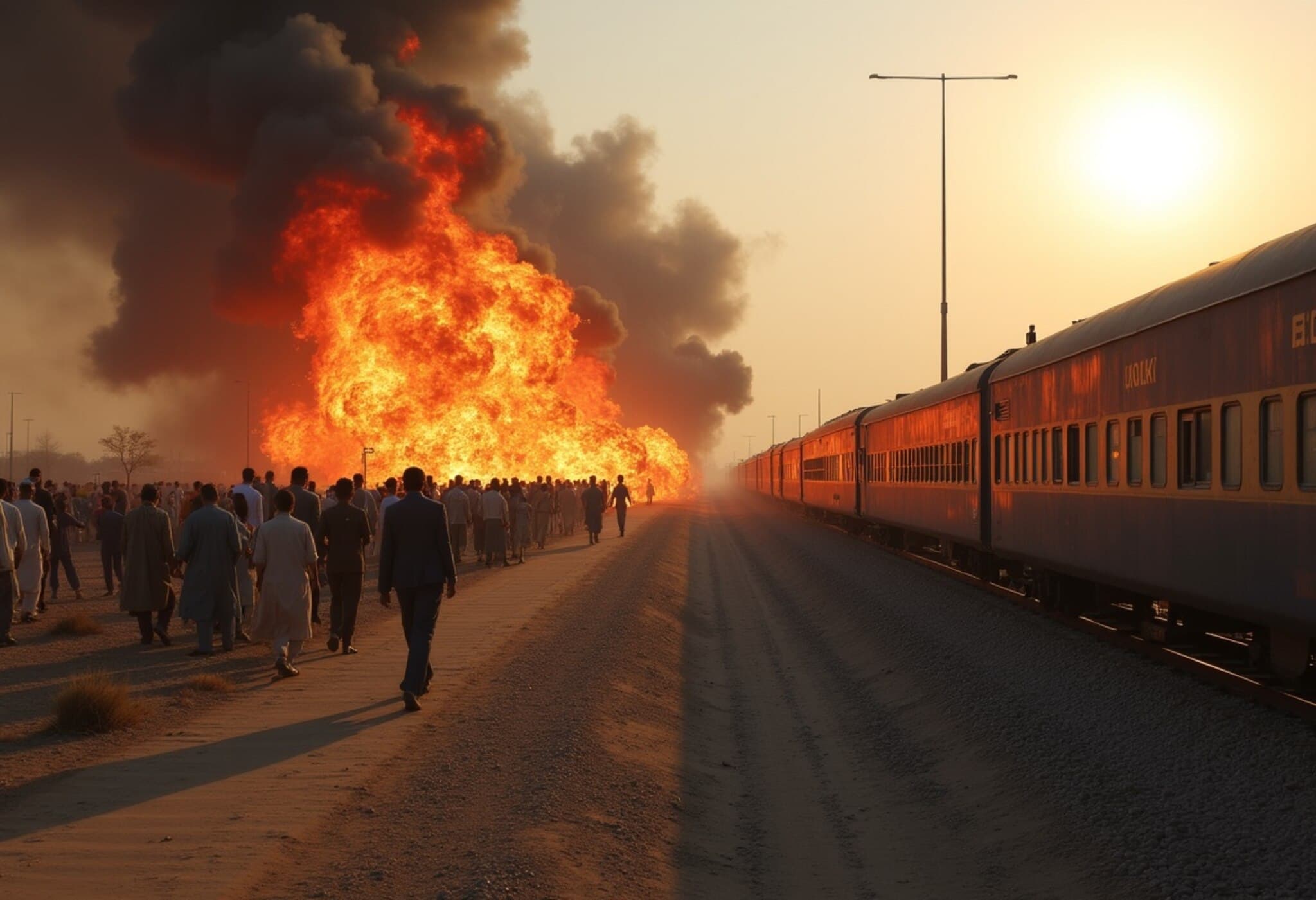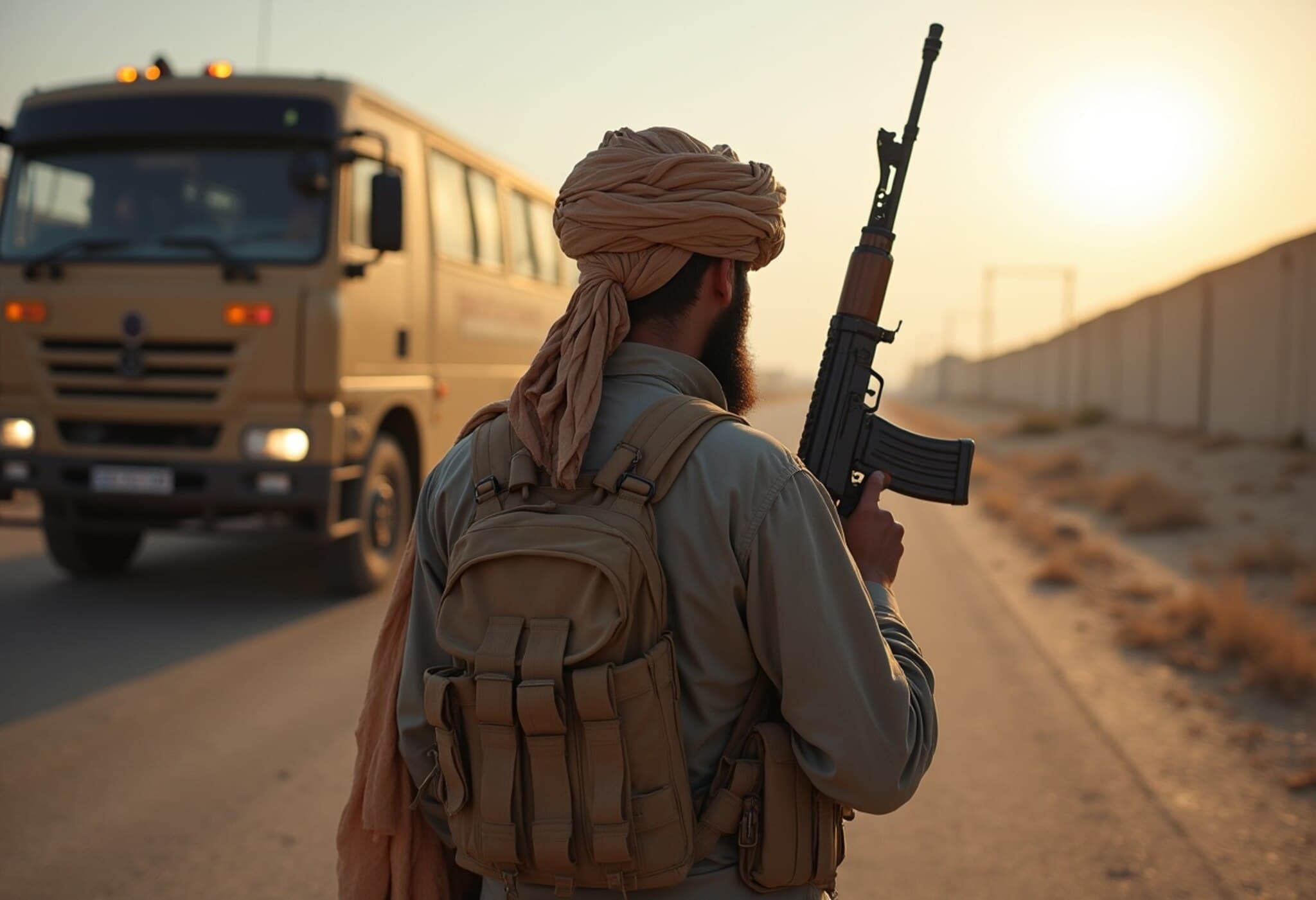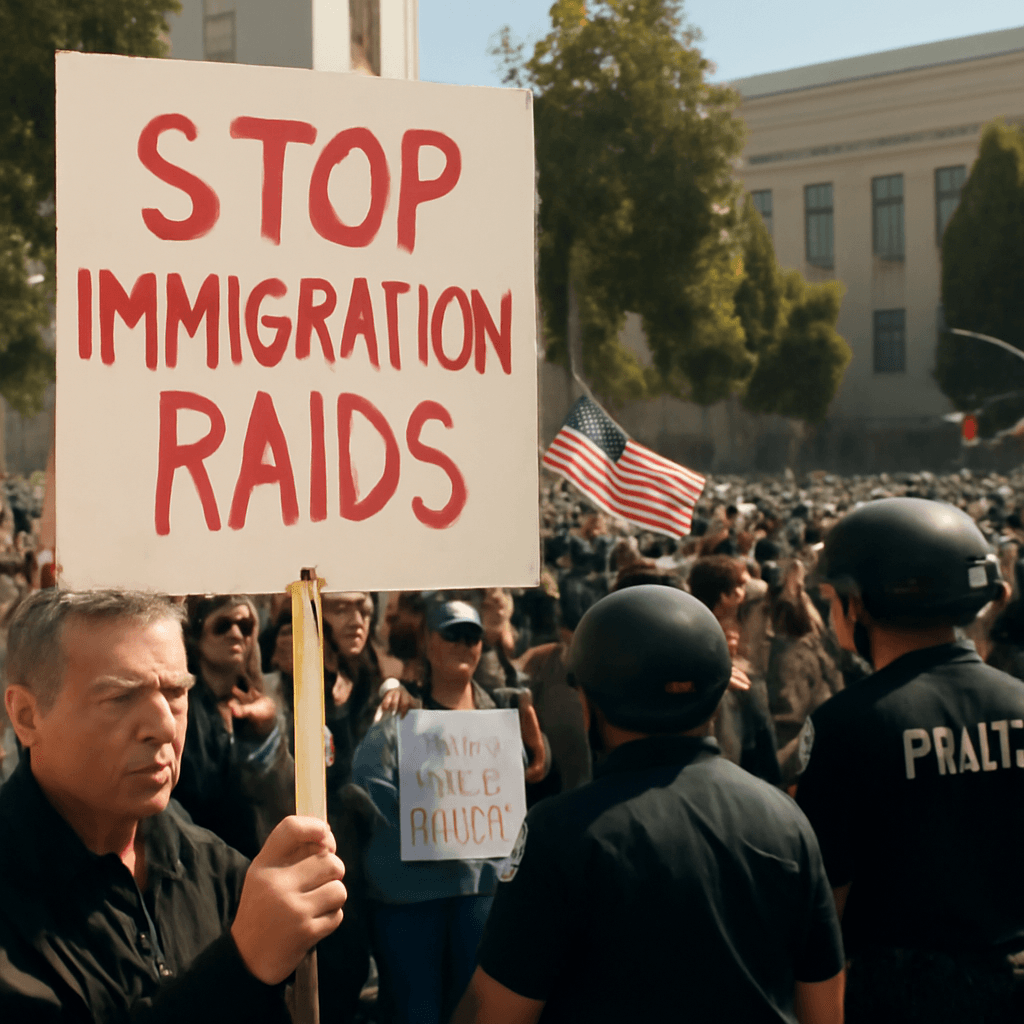Understanding Pakistan’s New Detention Law in Balochistan
On June 4, 2025, the Balochistan Assembly passed the Counter-Terrorism (Balochistan Amendment) Act 2025, granting Pakistan’s military and intelligence agencies sweeping powers in the restive province. This controversial legislation authorizes the detention of individuals for up to 90 days without formal charges or court appearances, raising alarm bells among human rights advocates and legal experts nationwide.
Key Provisions of the Law
- Military and intelligence bodies—including the Pakistan Army and the Inter-Services Intelligence (ISI)—can detain suspects on mere suspicion for up to 90 days without judicial oversight.
- Joint Investigation Teams (JITs), comprising police and intelligence officials, are empowered to issue detention orders, conduct ideological profiling, and execute search and seizure operations without prior court approval.
- Military personnel are formally incorporated into civilian oversight panels, blurring traditional boundaries between military and civil authorities.
Why This Law Stirs Controversy
Critics argue the legislation severely undermines constitutional guarantees by eroding due process and enabling arbitrary arrests. By effectively legalizing prolonged detention without trial, it risks intensifying state repression, especially against the ethnic Baloch community.
Human rights organizations point to stark violations of both Pakistan’s Constitution—specifically Article 10—and international commitments like the International Covenant on Civil and Political Rights (ICCPR). They warn this law paves the way for mass surveillance and unchecked security force powers.
Balochistan’s Troubled History of Enforced Disappearances
The province has long been plagued by enforced disappearances, with many families still searching for loved ones allegedly abducted by state forces, some missing for over two decades. Activists contend the new legislation legitimizes these dark practices, transforming Balochistan into what some term a “legalized detention zone.”
The Baloch Yakjehti Committee (BYC), a prominent civil rights coalition, condemned the law as militarizing civilian life, stating:
“This legislation constitutes a grave breach of fundamental rights including personal liberty, due process, and safeguards against arbitrary detention. It echoes historic abuses reminiscent of collective punishment tactics witnessed in Nazi concentration camps and the internment of Uyghur Muslims in China.”
Government’s Defense and the Prevailing Security Context
Government officials maintain the law is a necessary tool to strengthen counter-terrorism efforts amid escalating unrest. They emphasize the bill targets only individuals engaged in anti-state activities and assure that law-abiding citizens need not worry.
The timing of the law reflects ongoing tensions in Balochistan, where insurgency, political disenfranchisement, and military operations have fueled decades of instability and mistrust.
What Lies Ahead?
The sweeping nature of this law has sparked widespread debate about balancing security and human rights. As Balochistan grapples with persistent conflict, the world watches closely to see if this controversial legislation will bring stability or deepen grievances.

